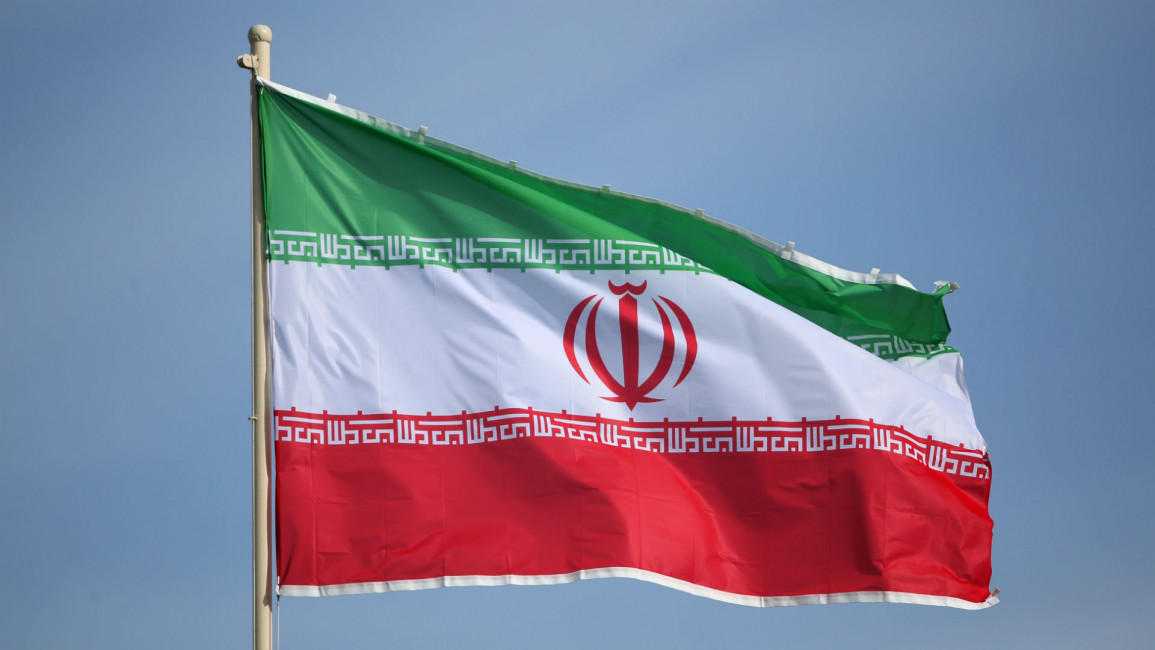Iran urges Armenia, Azerbaijan to agree ceasefire after new clashes
"We believe that prompt ceasefire, giving up hostilities and starting mutual talks is the only definitive solution to this issue", Saeed Khatibzadeh told journalists at a news briefing in Tehran.
"Iran's policy has not changed and has always been helping and facilitating negotiations between the two sides. We think that a military solution is not a steady solution to this decades-long dispute," Khatibzadeh added.
"We cannot tolerate the continuation of a military conflict in our borders, and will do our utmost to ensure calm in the region," he added.
His comments came as two more rockets from the fighting landed near homes in a farm on the border region of Khoda-Afarin in northwest Iran.
The incident prompted Iran's Border Police Commander General Qassem Rezaei to call on Baku and Yerevan to stop exchanging fire near his country's borders, Tasnim News reported.
Armenia and Azerbaijani forces continued fighting on Monday over the disputed separatist region of Nagorno-Karabakh after hostilities broke out over the weekend, with both sides blaming each other for the resumption of deadly clashes that reportedly also wounded scores of people.
Read also: Clashes between Azerbaijan and Armenia leave at least 23 dead amid fears of regional conflict
The Azerbaijani defence ministry claimed that Armenian forces started shelling the town of Tartar on Monday morning, while Armenian officials said the fighting continued throughout the night with Baku resuming "offensive actions" in the morning.
Azerbaijan's defence ministry told the Interfax news agency on Monday that over 550 Armenian troops had been killed, a claim that Armenian officials denied.
According to Nagorno-Karabakh officials, 31 servicemen have been killed so far.
Armenia's defence ministry spokesman Artsrun Hovhannisyan said on Monday over 200 people have been wounded.
The heavy fighting broke out on Sunday morning in the region that lies within Azerbaijan but has been under the control of ethnic Armenian forces, backed by Yerevan, since 1994 at the end of a separatist war.
It was not immediately clear what sparked the fighting, the heaviest since clashes in July killed 16 people from both sides.
Mostly mountainous Nagorno-Karabakh - a region around 4,400 square kilometres (1,700 square miles) or about the size of the US state of Delaware - lies 50 kilometres (30 miles) from the Armenian border.
Local soldiers backed by Armenia also occupy some Azerbaijani territory outside the region.
Agencies contributed to this report.
Follow us on Facebook, Twitter and Instagram to stay connected



